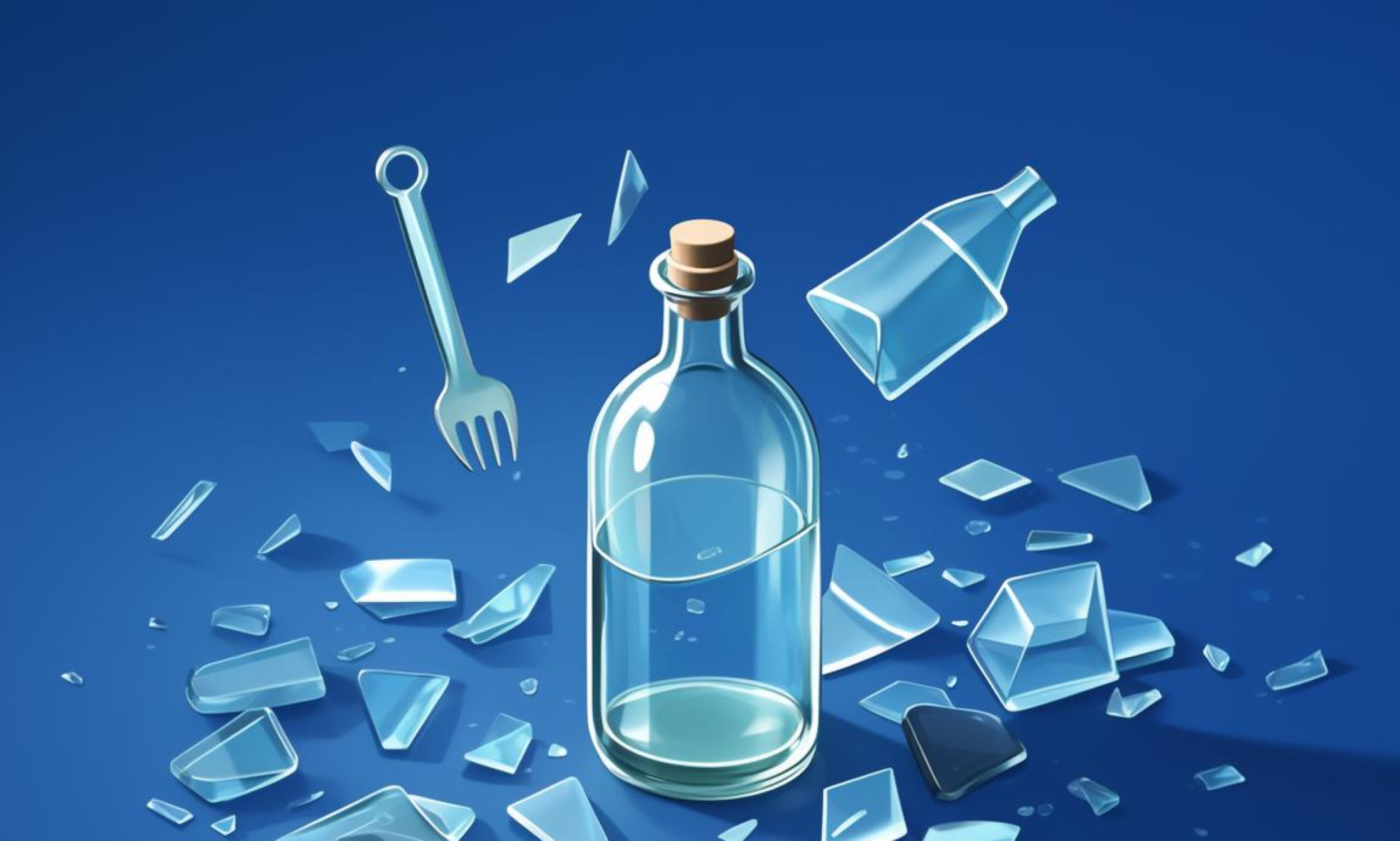Discover the Future of Sustainable Packaging with Recyclable Glass Jars
In today’s rapidly evolving market, businesses are increasingly turning to sustainable practices to reduce their environmental footprint. One of the most effective ways to achieve this is by adopting a circular economy approach, particularly in the production and distribution of packaging materials. Among the many options available, recyclable glass jars have emerged as a popular choice for B2B applications. This article delves into how businesses can benefit from the circular economy by integrating recyclable glass jars into their operations.
Understanding the Value of Recyclable Glass Jars
Recyclable glass jars are not just a trend; they represent a fundamental shift in how businesses approach packaging. Unlike traditional packaging options, glass jars are 100% recyclable, meaning they can be continuously reused and repurposed, reducing waste to a minimum. This makes them an ideal choice for companies looking to adopt sustainable practices while maintaining the quality and safety of their products.
Additionally, glass jars offer a unique combination of strength and versatility, making them suitable for a wide range of applications, from food and pharmaceuticals to cosmetics and household goods. Their durability ensures that they can withstand transportation and storage, further enhancing their appeal for B2B markets.
B2B Case Studies: How Companies are Embracing Recyclable Glass Jars
The circular economy is not just a concept; it’s being put into practice by businesses across industries. Here are some notable case studies that highlight the success of recyclable glass jar wholesale in B2B settings:
- 1. Food and Beverage Industry: Major food and beverage companies are increasingly using recyclable glass jars for their products. For instance, a leading snack manufacturer reduced its packaging waste by 30% after switching to glass jars. These jars not only minimized waste but also enhanced the brand’s image as an environmentally responsible company.
- 2. Pharmaceutical Sector: The pharmaceutical industry has long faced challenges with plastic waste. By adopting recyclable glass jars, companies in this sector have not only reduced their environmental impact but also improved the shelf life and stability of their products.
- 3. Cosmetic and Personal Care Industry: Recyclable glass jars are widely used in the cosmetic industry due to their aesthetic appeal and eco-friendliness. A major cosmetic brand reported a 25% increase in sales after launching products in glass jars, attributed to customer demand for sustainable packaging.
- 4. Household and Cleaning Products: Companies producing household and cleaning products are also embracing glass jars. For example, a leading detergent brand reduced its carbon footprint by 20% by switching to glass packaging, while also enjoying better consumer acceptance.
Challenges and Solutions in the Circular Economy
While the shift to recyclable glass jars offers numerous benefits, there are also challenges that businesses must address. One common issue is the higher initial cost of glass jars compared to other packaging options. However, this investment is often outweighed by long-term savings from reduced waste and enhanced brand reputation.
Another challenge is ensuring that glass jars are properly collected and recycled after use. To overcome this, companies can partner with recycling organizations or invest in recycling programs that focus on glass packaging. Additionally, educating consumers about the importance of recycling glass jars can significantly improve recycling rates.
Why Your Business Should Adopt Recyclable Glass Jars
For businesses looking to thrive in the circular economy, adopting recyclable glass jars is a smart move. Not only do they contribute to a cleaner, more sustainable world, but they also align with the growing demand for eco-friendly products from consumers. By choosing glass jars, your business can differentiate itself in the market, attract environmentally conscious customers, and build a stronger brand reputation.
Moreover, the long-term benefits of using glass jars extend beyond environmental impact. They are durable, tamper-proof, and can be easily customized to meet specific branding and design requirements. This makes them an excellent choice for businesses that value both quality and sustainability.
Conclusion
The circular economy represents a transformative approach to business practices, and recyclable glass jars are at the forefront of this movement. By embracing this sustainable packaging option, businesses can reduce waste, minimize their environmental impact, and meet the growing demand for eco-friendly products. Whether you’re in the food, pharmaceutical, cosmetic, or household goods industry, the switch to glass jars offers a pathway to success in the circular economy.
As more companies recognize the value of sustainable packaging, the demand for recyclable glass jars is expected to grow. By taking action now, your business can not only contribute to a better future but also position itself as a leader in the industry. The time to embrace the circular economy is now. Are you ready to make the switch to recyclable glass jars for your B2B operations?
